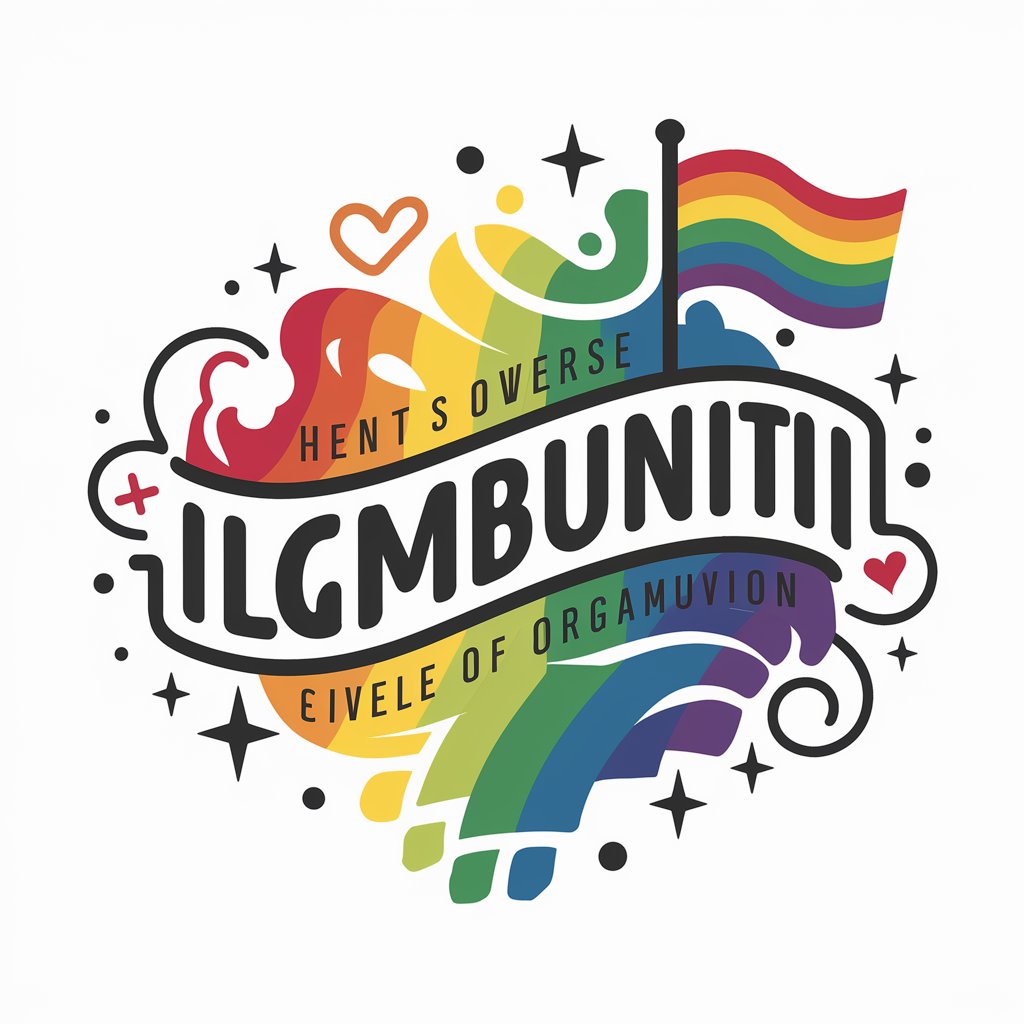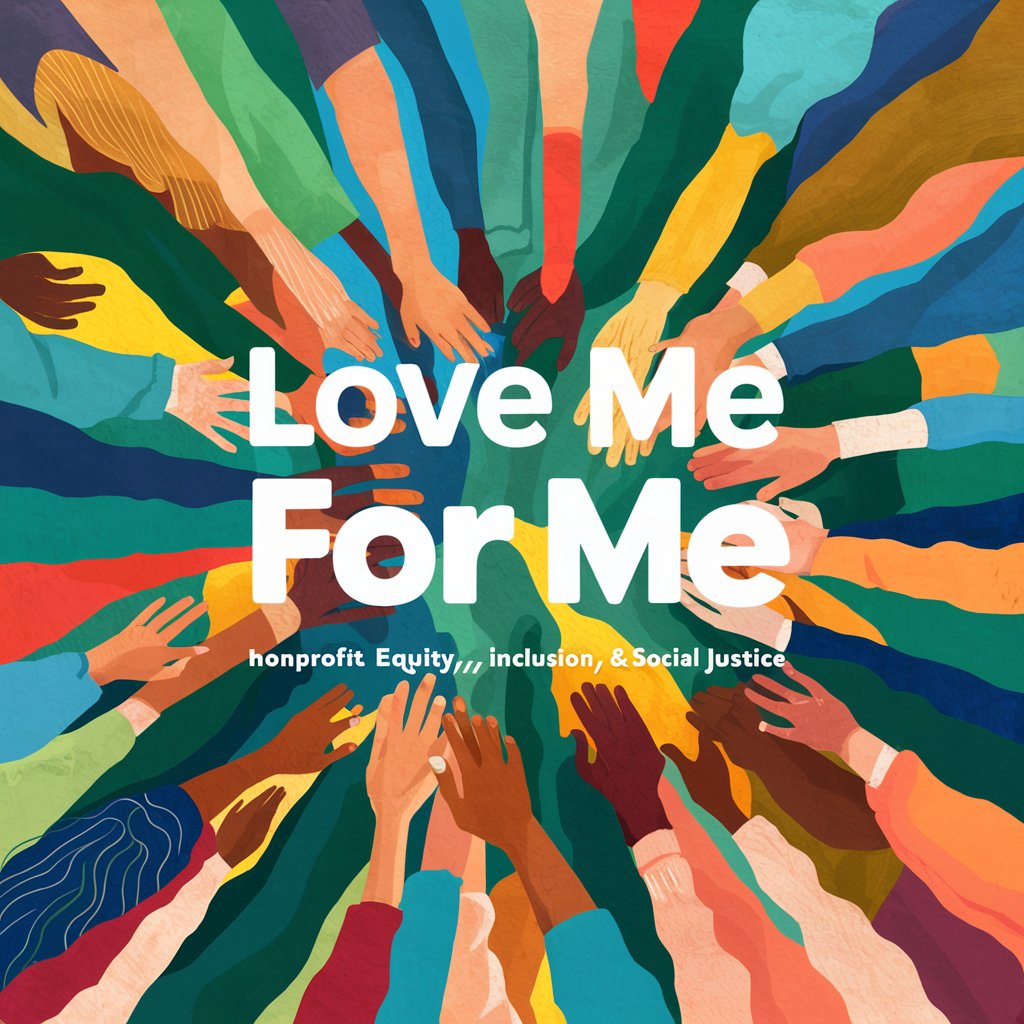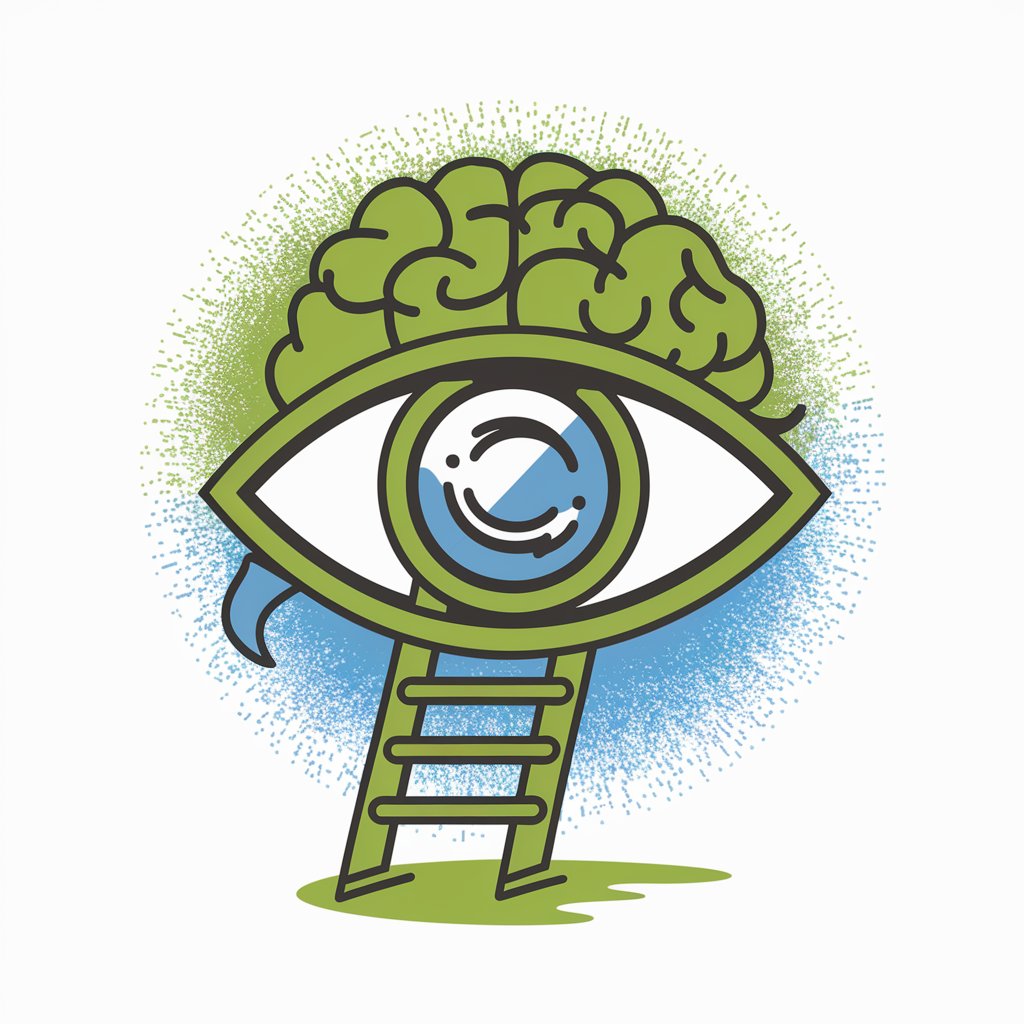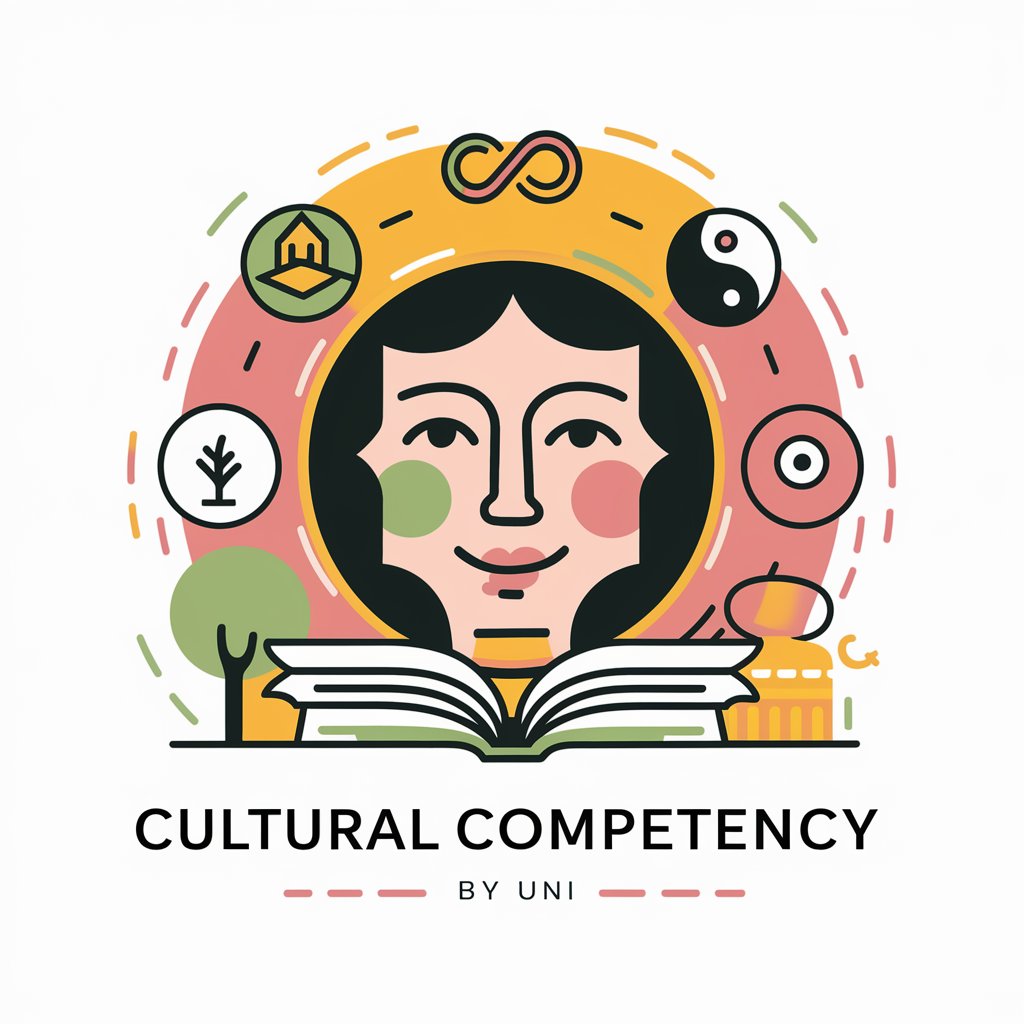7 GPTs for Inclusivity Training Powered by AI for Free of 2025
AI GPTs for Inclusivity Training are advanced tools designed to foster understanding, empathy, and awareness around inclusivity issues through the use of Generative Pre-trained Transformers (GPTs). These AI models are specifically programmed or adapted to address topics related to inclusivity, providing personalized training modules, scenarios, and insights to help users grasp complex concepts related to diversity, equity, and inclusion. By leveraging the natural language processing and generation capabilities of GPTs, these tools offer tailored solutions that promote a more inclusive environment in various settings.
Top 7 GPTs for Inclusivity Training are: Rainbow Guide,Diverse Superhero Creator,Love Me For me,Check Your Privilege,Bigot GPT,Cultural Competency,Understanding Ally
Rainbow Guide
Empowering LGBTQ+ voices with AI.

Diverse Superhero Creator
Empowering Diversity in Superhero Creation

Love Me For me
Empowering Young Minds for Social Change

Check Your Privilege
Unpack privilege with AI insight

Bigot GPT
Uncover and challenge your biases with AI

Cultural Competency
Empowering Cultural Connections with AI

Understanding Ally
Empowering You with AI Empathy

Essential Attributes of Inclusivity AI Tools
AI GPTs for Inclusivity Training stand out for their adaptability, offering solutions ranging from simple awareness exercises to complex scenario-based training modules. Unique features include the ability to simulate diverse interpersonal interactions, provide real-time feedback on inclusivity practices, and generate content that reflects a wide range of perspectives and experiences. These tools are equipped with language learning capabilities for multicultural competence, technical support for seamless integration, web searching for up-to-date information, image creation for visual learning, and data analysis to measure training effectiveness.
Who Benefits from Inclusivity AI Tools
The primary users of AI GPTs for Inclusivity Training include novices seeking to learn about inclusivity, developers creating specialized training modules, and professionals implementing inclusivity programs in their organizations. These tools are accessible to individuals without programming skills, offering user-friendly interfaces and pre-designed templates. For those with coding expertise, they provide extensive customization options, allowing for the development of highly specialized training solutions.
Try Our other AI GPTs tools for Free
Complex Information
Explore the world of AI GPTs for Complex Information - your gateway to understanding and leveraging complex data for insightful decisions and innovative solutions.
Creative Tasks
Explore AI GPTs for Creative Tasks: your gateway to enhancing creativity across writing, art, music, and design with advanced AI tools. Unlock your creative potential today.
Content Sponsorship
Discover how AI GPTs revolutionize content sponsorship with customizable solutions, advanced analytics, and user-friendly tools designed for marketers, creators, and brands.
Appointment Setting
Discover how AI GPTs for Appointment Setting can revolutionize your scheduling tasks with advanced automation, integration, and customization capabilities.
Crowdfunding Campaigns
Discover how AI GPTs can transform your crowdfunding campaign with advanced content creation, strategic insights, and personalized engagement techniques.
Charity Events
Discover AI GPT tools for Charity Events, designed to automate tasks, engage audiences, and analyze data for impactful charity event planning and execution.
Extended Insights into Inclusivity AI Solutions
AI GPTs for Inclusivity Training not only offer immediate training solutions but also serve as a foundation for ongoing learning and development in inclusivity. Their user-friendly interfaces ensure ease of use for a broad audience, while the possibility of integration with existing systems or workflows allows for flexible adoption in diverse organizational contexts. The continuous update and improvement of these tools further ensure their relevance and effectiveness in addressing the evolving challenges of inclusivity training.
Frequently Asked Questions
What exactly are AI GPTs for Inclusivity Training?
They are AI-powered tools using Generative Pre-trained Transformers to offer training and insights on diversity, equity, and inclusion, tailored to users' learning needs.
How do these tools adapt to different learning levels?
They use AI to assess the user's current understanding of inclusivity and adjust the complexity of training materials accordingly, ensuring a personalized learning experience.
Can these tools be used without any technical knowledge?
Yes, they are designed with user-friendly interfaces that require no programming skills, making them accessible to a broad audience.
What makes these GPTs tools unique in inclusivity training?
Their ability to generate realistic scenarios, provide real-time feedback, and adapt content to reflect diverse perspectives sets them apart in promoting inclusivity.
Are there customization options for developers?
Yes, developers have access to advanced customization options, allowing them to tailor the tools to specific training requirements.
How can organizations integrate these tools into existing training programs?
These tools offer API integration and support for embedding into existing LMS systems, facilitating seamless inclusion in current training frameworks.
What kind of feedback mechanism is available?
They provide detailed analytics on user engagement and understanding, along with real-time feedback during training sessions to guide learning.
Can these tools help in creating a more inclusive workplace culture?
Absolutely, by equipping individuals with the knowledge and skills to understand and appreciate diversity, these tools contribute to fostering a more inclusive and equitable workplace environment.